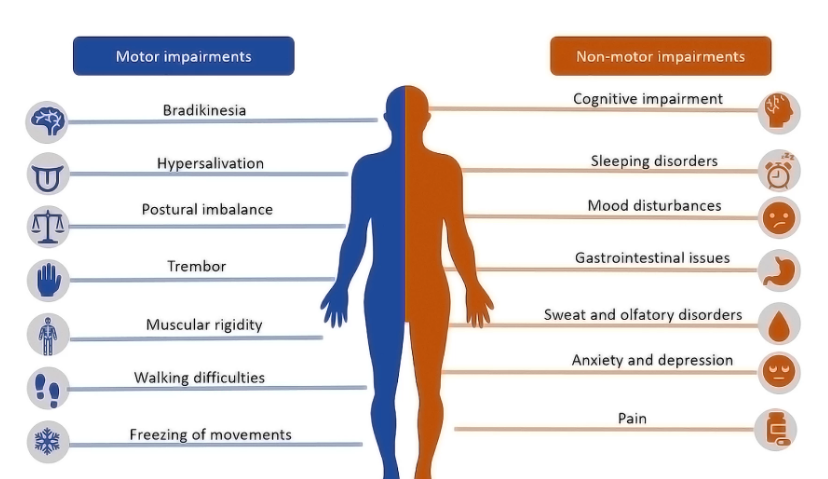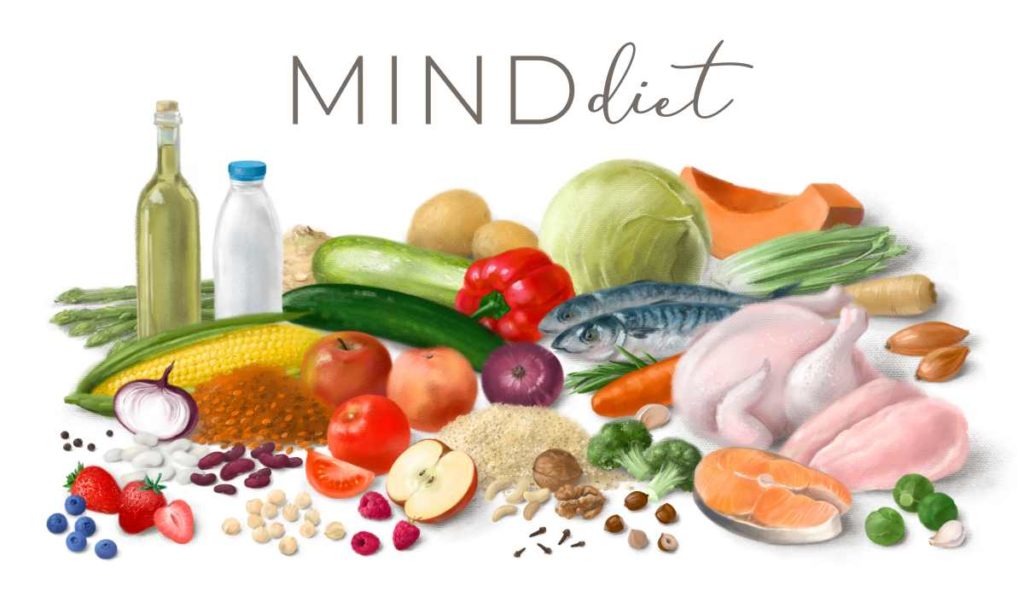 Calcium and Vitamin D are nutrients that are an important part to a healthy diet, but do they play a role in PD management?
Calcium and Vitamin D are nutrients that are an important part to a healthy diet, but do they play a role in PD management?
Studies have found that a deficiency in serum levels of Vitamin D is common among approximately half of individuals living with PD. In addition, lower levels of serum Vitamin D is consistent with an increased incidence of falls in those with and without PD. The correlation between lower Vitamin D and increased motor symptom severity has been one of the highest relational findings between Vitamin D and PD. However, while studies are seeing these associations, there is inconsistent evidence in the role Vitamin D supplementation plays in people with PD and symptom improvement. In studies that have seen positive symptom management, still further research is needed to find the proper level of supplementation for optimal results; current studies are finding a bell curve among supplemental doses and outcomes, showing that over more isn’t always better.
There have been studies which found Vitamin D supplementation to improve non-motor symptoms such as depression and insomnia, but these studies were largely conducted in populations of individuals without PD. Additional research needs to be done to focus on the specific relationship between Vitamin D supplementation and PD.
Currently the evidence is inconclusive that supplementation will improve symptoms of PD, but the role of Vitamin D remains important in the absorption of Calcium for bone health so even if no additional benefits are seen in symptoms associated with PD, receiving adequate Vitamin D and Calcium can help keep bone strong and reduce the risk of fractures associated with falls.
Recommended amounts for Calcium intake:
- Healthy adults between the ages of 19 and 50 should aim for 1000 milligrams (mg) calcium per day.
- Older adults (especially women after menopause) need more calcium, because bones lose calcium as we age. After age 50, healthy adults should get 1,200 mg calcium per day.
Sources of Calcium include:
- Milk and dairy products such as yogurt
- Almonds
- Greens ie: mustard, collard, and kale
- Fortified foods such as orange juice and cereals
- Supplements
Recommended amounts for Vitamin D intake:
- Men and Women (19 – 70 years): 600 IU each day or 15 mcg each day.
- Men and Women (71 years and older): 800 IU each day or 20 mcg each day.
Vitamin D can be obtained from various sources including:
- Sunlight – 10 – 15 minutes several times per week on exposed arms and legs
- Fatty fish such as rainbow trout and salmon
- Mushrooms
- Fortified foods such as milk and orange juice
- Supplements
Always check with your doctor before adding a supplement to your regime to learn of any potential side effects. As with all other symptom management, results vary by person based on a variety of factors, so continue to do what works best for you.
If you are interested in helping further research between Osteoporosis (which directly correlates with Calcium & Vitamin D) & Parkinson’s, Join the Study with the team at the Vanderbilt Movement Disorders Clinic.


















